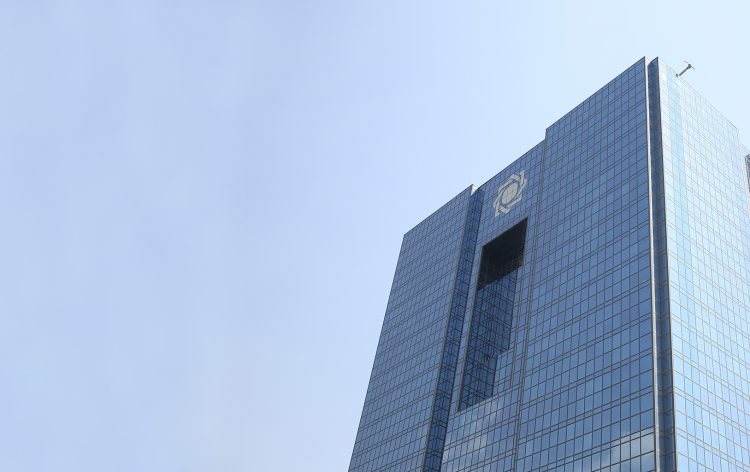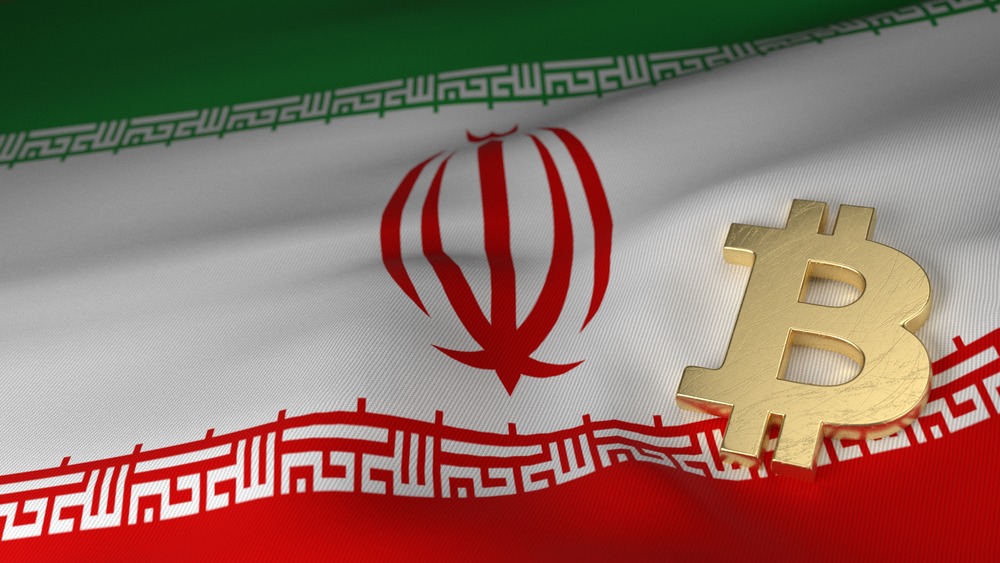The Central Bank of Iran imposes a ban on crypto transactions

Iran is the latest country to impose a ban on cryptocurrency. The Central Bank of the Islamic Republic of Iran has prohibited domestic financial institutions from handling virtual currencies. According to the bank’s circular which was issued on Sunday but made public on Monday, the move was necessitated because of money-laundering concerns. The bank has issued the ban pending a formulation of regulations which will be used to regulate and control the nation’s currency markets.

The official Republic News Agency reported that all branches of banks, credit institutions, and currency exchanges should stay away from the sale or purchase of crypto coins. The said institutions should avoid undertakings that facilitate or promote such currencies. According to the news agency, the central bank statement added that appropriate action against anyone who contravenes these new crypto regulations will be taken.
Iran on cryptocurrency
In February this year, the Information and Communications Technology Minister revealed that the central bank was in the process of developing a cryptocurrency. According to the minister, the crypto would be administered by the state government. This week’s move seems to contradict not only the minister’s comments but also those of the secretary of Iran’s cyberspace. In November 2017, the secretary said that Iran ‘welcomes’ Bitcoin provided there are proper regulations in place.
In November, deputy director of new technologies of the central bank of Iran, Naser Hakimi said that the bank was studying Bitcoin to come up with a comprehensive review of its policies in the crypto arena. He was, however, focusing his comments on the uncertainty and risk brought about by crypto speculation in the market.
The global regulations on cryptocurrency
At the start of 2018, governments around the world started banning cryptocurrency while some introduced tough regulations. This move came after the ICO boom in 2017. Given that cryptos offer users privacy and a way to bypass government regulations and at times taxes, it is not hard to see why governments started cracking the whip.

Many monetary authorities around the world have of late been warning about the risks associated with digital currency. The central bank of Iran has in the recent months cautioned Iranians from turning to crypto coins including Bitcoin and Ripple. The bank has even gone further to describe crypto coins as ‘unreliable’.
Even though the bank has been tough on cryptocurrency in general, this week’s move has been seen by many as drastic. The move is seen to coincide with authorities working to control both the conventional and unregulated currency markets. Earlier this month, Iran unified its official and unauthorized currency rates so as to avert a free fall of the national currency. At the time, the Iranian Rial breached the 60,000 mark to the U.S dollar. The weakening of the Rial came amid Iranians’ fear that the United States may exit from the multiparty nuclear deal come May 2018. Consequently, this move by the U.S would lead to a return of the economic sanctions lifted as part of the 2015 agreement, Bloomberg reported.
The country’s nuclear program which has been controversial led to the global powers imposing economic sanctions on the country. For several years, Iran was cut off from using the global banking system after it was banned from using SWIFT, a money-transferring and messaging system. Even though the sanctions including a ban on SWIFT were lifted when a new nuclear deal was signed in 2016, many international banks are not rushing in. The main reason being that the banks fear running into the remaining U.S restrictions which would then lead to banks being punished.



























Comments (0 comment(s))